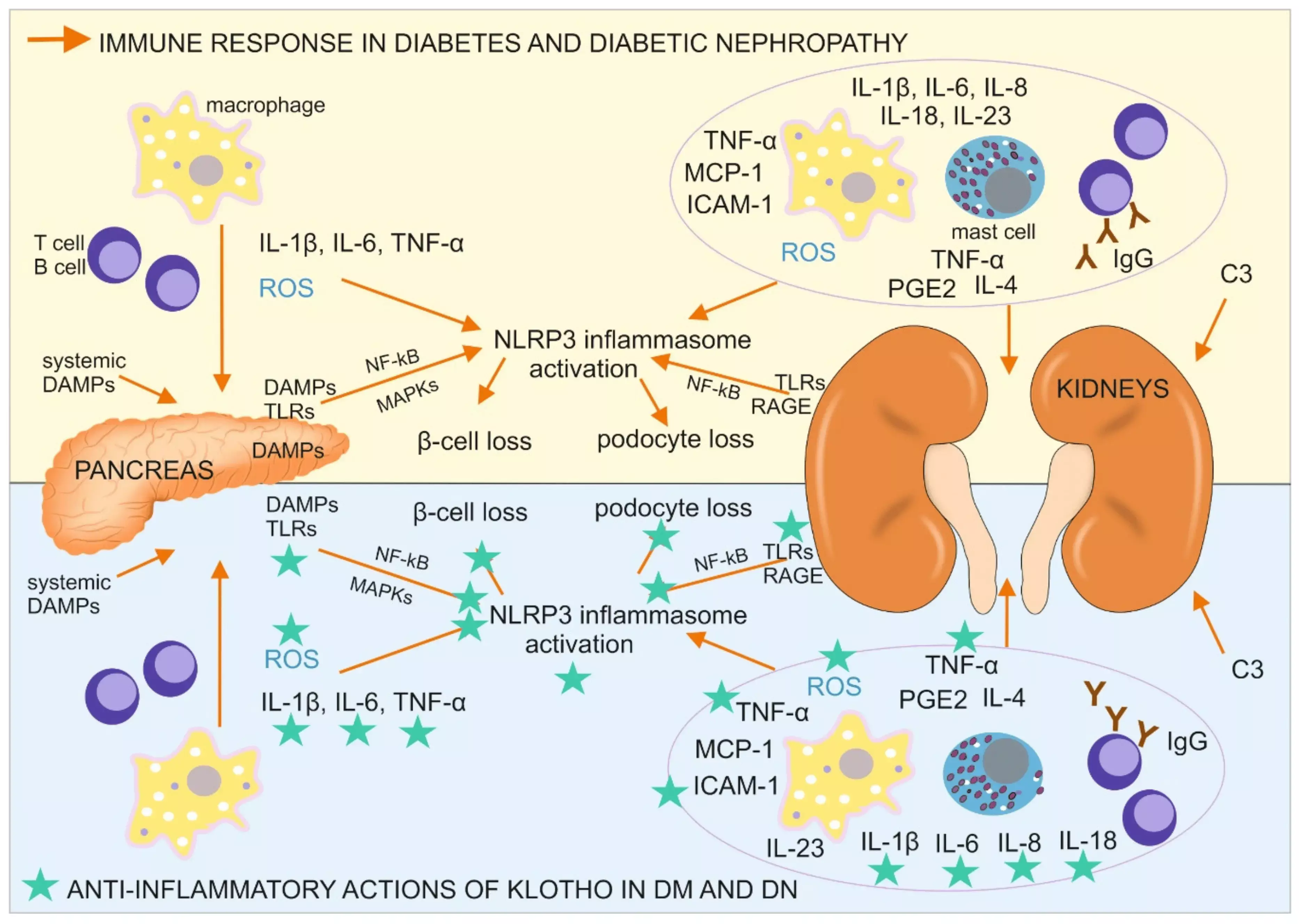- Home
- Medical news & Guidelines
- Anesthesiology
- Cardiology and CTVS
- Critical Care
- Dentistry
- Dermatology
- Diabetes and Endocrinology
- ENT
- Gastroenterology
- Medicine
- Nephrology
- Neurology
- Obstretics-Gynaecology
- Oncology
- Ophthalmology
- Orthopaedics
- Pediatrics-Neonatology
- Psychiatry
- Pulmonology
- Radiology
- Surgery
- Urology
- Laboratory Medicine
- Diet
- Nursing
- Paramedical
- Physiotherapy
- Health news
- Fact Check
- Bone Health Fact Check
- Brain Health Fact Check
- Cancer Related Fact Check
- Child Care Fact Check
- Dental and oral health fact check
- Diabetes and metabolic health fact check
- Diet and Nutrition Fact Check
- Eye and ENT Care Fact Check
- Fitness fact check
- Gut health fact check
- Heart health fact check
- Kidney health fact check
- Medical education fact check
- Men's health fact check
- Respiratory fact check
- Skin and hair care fact check
- Vaccine and Immunization fact check
- Women's health fact check
- AYUSH
- State News
- Andaman and Nicobar Islands
- Andhra Pradesh
- Arunachal Pradesh
- Assam
- Bihar
- Chandigarh
- Chattisgarh
- Dadra and Nagar Haveli
- Daman and Diu
- Delhi
- Goa
- Gujarat
- Haryana
- Himachal Pradesh
- Jammu & Kashmir
- Jharkhand
- Karnataka
- Kerala
- Ladakh
- Lakshadweep
- Madhya Pradesh
- Maharashtra
- Manipur
- Meghalaya
- Mizoram
- Nagaland
- Odisha
- Puducherry
- Punjab
- Rajasthan
- Sikkim
- Tamil Nadu
- Telangana
- Tripura
- Uttar Pradesh
- Uttrakhand
- West Bengal
- Medical Education
- Industry
High serum klotho level associated with decreased risk of albuminuria in non diabetics, reveals research

Research published in BMC Nephrology reveals that a high serum klotho level is associated with decreased risk of albuminuria in non-diabetics.
The relationship between serum klotho level and albuminuria is unknown in middle-aged and elderly participants without diabetes mellitus (DM). Therefore, we will investigate the association between serum klotho level and albuminuria in middle-aged and elderly participants without DM.
Participants (aged 40–79) were from the five continuous cycles (2007–2016) of the National Health and Nutrition Examination Survey (NHANES). Multiple logistic regression was performed to investigate the association between serum klotho level and albuminuria. Results: 9217 participants were included in the present study. 47.6% of the participants were male. The average age of the overall participants was 56.3 years (40–79 years). Overall, 823 participants with albuminuria were identified.
After adjusted confounders (age, gender, marital status, ethnicity, family income to poverty ratio, education, body mass index, smoke, charlson comorbidity index, hypertension, hyperlipidemia, angiotensin converting enzyme inhibitor/angiotonin receptor blocker, and estimated glomerular filtration rate), participants with a high serum klotho level had a decreased risk for albuminuria. Compared with the lowest serum klotho level (Tertile 1), participants in Tertile 2 (odds ratio [OR] 0.83, 95% CI 0.70–0.99, P = 0.044) and Tertile 3 (OR 0.76, 95% CI 0.63–0.91, P = 0.003) had a lower risk of albuminuria (P for trend = 0.002).
The stratified analysis showed that serum klotho level was still negatively associated with albuminuria in the subgroups, and statistically significant interactions were not observed in the subgroups (all P values for interactions > 0.05, except for the hypertension subgroup). In middle-aged and elderly participants without DM, a high serum klotho level is associated with a decreased risk of albuminuria. In the future, the mechanism of the interaction between klotho and albuminuria needs to be elucidated to find new treatment targets for individuals without DM who suffer from albuminuria.
Reference:
Chen, D., Chen, M., Qi, Z. et al. Association of serum klotho level with albuminuria in middle‑aged and elderly participants without diabetes mellitus: a cross‑sectional study. BMC Nephrol 25, 455 (2024). https://doi.org/10.1186/s12882-024-03870-x
Dr. Shravani Dali has completed her BDS from Pravara institute of medical sciences, loni. Following which she extensively worked in the healthcare sector for 2+ years. She has been actively involved in writing blogs in field of health and wellness. Currently she is pursuing her Masters of public health-health administration from Tata institute of social sciences. She can be contacted at editorial@medicaldialogues.in.
Dr Kamal Kant Kohli-MBBS, DTCD- a chest specialist with more than 30 years of practice and a flair for writing clinical articles, Dr Kamal Kant Kohli joined Medical Dialogues as a Chief Editor of Medical News. Besides writing articles, as an editor, he proofreads and verifies all the medical content published on Medical Dialogues including those coming from journals, studies,medical conferences,guidelines etc. Email: drkohli@medicaldialogues.in. Contact no. 011-43720751


